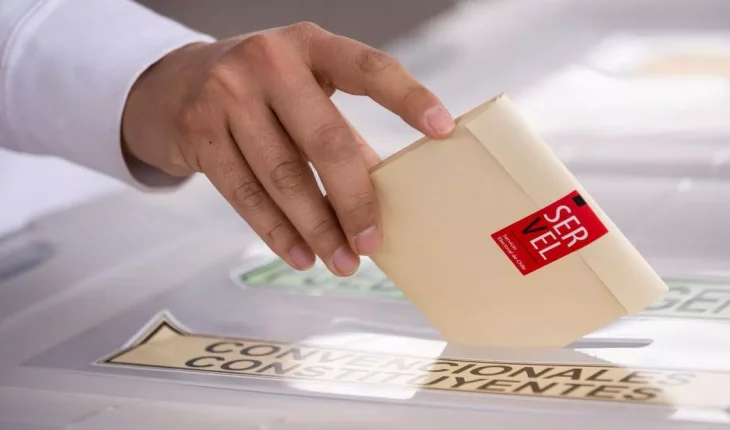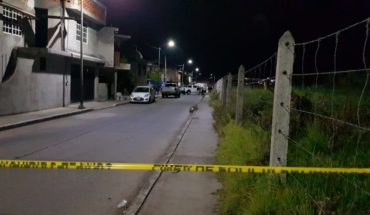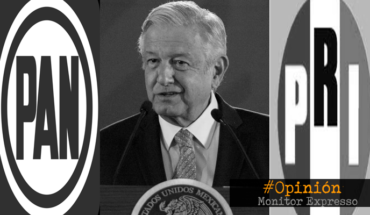Voters will choose President Sebastián Piñera’s successor from seven candidates, of whom Gabriel Boric, of the left-wing alliance Apruebo Dignidad, appears as favorites; and José Antonio Kast, of the right-wing Christian Social Front. The polling stations opened at 8 a.m., so that the authorized citizens can elect the president, 27 of the 43 senators, all of the 155 deputies and 302 regional councilors. The polls close at 6 p.m. In an election marked by two years of harsh social protests, the conservative Piñera was the first public figure to go to vote at a school in Las Condes, an affluent neighborhood of Santiago. “All opinions matter. Come and vote; we are able to resolve our differences peacefully, to vote,” he asked before the cameras. None of the candidates for president is expected to reach the 50% plus one of the votes needed to win in the first round and avoid the runoff, scheduled for four weeks from now, on Sunday, December 19. Also running for the presidency are former Senate speaker Yasna Provoste, of the center-left coalition heir to the former Concertation; the official and former minister Sebastián Sichel and the several times candidate and member of the Puebla Group Marco Enríquez-Ominami.The platoon is completed by the conservative Franco Paris, who does not live in Chile, and the leftist professor Eduardo Artés, for the Patriotic Union.According to the latest polls, the favorites are Boric and Kast, which seems to confirm the erosion of the center-right and center-left that was seen throughout this year at the polls. Boric, a 35-year-old deputy and former student leader from the southern Magallanes region, once again positioned himself within the opposition and nationally as the main reference after winning his force’s primary in July. For his part, Kast is a 55-year-old lawyer who claims the dictatorship of Augusto Pinochet (1973-1990) and is a supporter of the policies of the Brazilian ultranationalist president Jair Bolsonaro.The elections crown a process of virtual refoundation of Chile after historic protests in 2019 against social inequality and the political system that led to the creation of a Constituent Convention in charge of drafting a new Magna Carta.Suffrage in Chile is voluntary, so one of the factors that can tilt the vote is citizen participation, which historically approaches 50% of the electoral roll. In total, voters will have 10 hours to attend the 2,810 polling stations, for a total of 46,639 polling stations, which are guarded by more than 22,000 carabineros and personnel of the Armed Forces.Almost 15 million people are on the electoral roll, while 71,018 are those authorized to vote abroad. Like the previous elections in Chile, strict sanitary protocols were established for the coronavirus, which has infected more than 1.7 million people and caused the death of more than 38,000, since the pandemic began. Voters must attend the polling stations with a mask, alcohol gel, blue pen to sign and mark the vote, in addition to maintaining distance to avoid contagion. Older adults will have priority to make their vote, although the request is to attend between 14 and 16 hours. Look at this new #FiloMundo to understand a little more the political reality of Chile:
Chile votes in one of the closest general elections since the return to democracy
November 21, 2021 |





